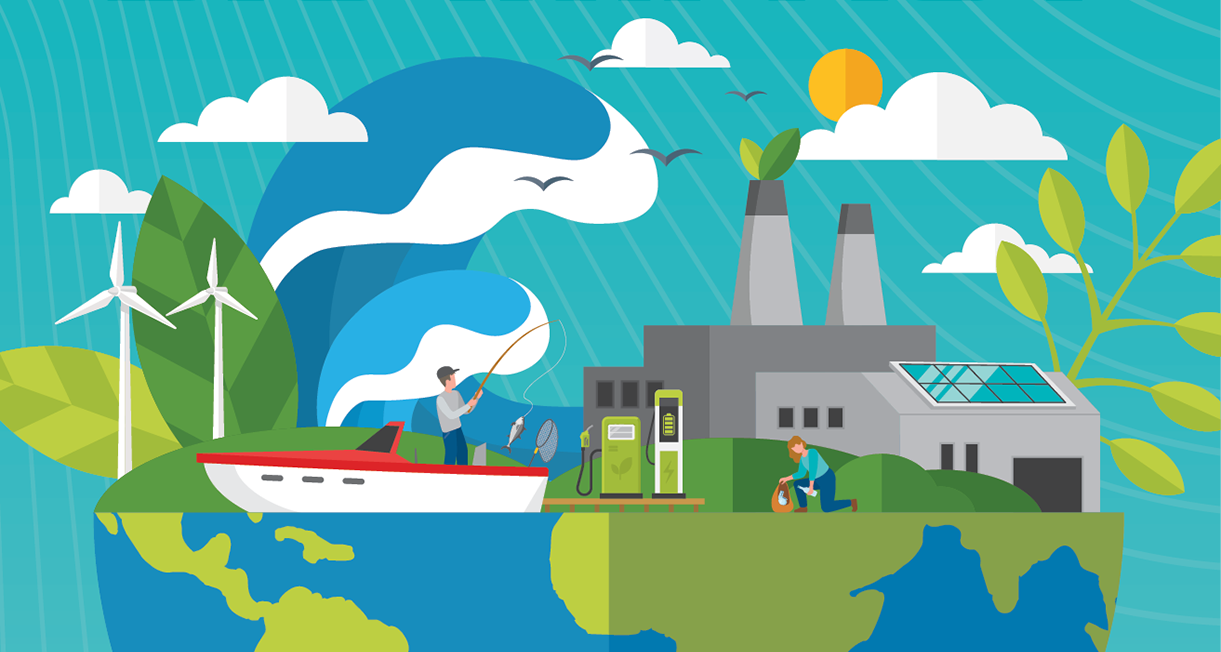At the Helm: Data dilemmas and all things Internet

Futurists predict there will be 50 billion connected devices by the year 2025.
That figure includes automobiles, which have become powerful, four-wheeled data centers. During a recent commute to the office, I listened with shock and data awe to a national radio story that explained how carmakers are collecting data.
Vehicles are increasingly connected with Wi-Fi and may know more about the consumers driving them than a person might think.
From the brakes to the windshield wipers, with as many as 100 points that generate data, one of today’s cars packs the power of 20 personal computers.
I found that statistic a little impossible to believe, so after getting to the office, I did a quick LinkedIn search to find one of the story’s sources. It didn’t take long before I was chatting online with John Ellis, Ford Motor Co.’s former global technologist.
Ellis is an expert in big data. He’s great at explaining how this trend will change the business models of the world’s leading sectors like transportation, insurance, telecommunications, government, and home building.
As a big data futurist, Ellis speaks around the world about how data—from cars and all kinds of devices—will transform industries, business models, and our lives.
Ellis confirmed the computing power of today’s autos. Carmakers are rushing to turn a car’s data into a revenue stream, reselling blocks of location information.
One day, information from cars on-board cameras and sensors could be bought by mapping companies or apps that monitor traffic conditions.
The boating industry’s most recent effort to address the topic of leveraging technology in a similar way came during a panel at this year’s IBEX.
A discussion lead by Lou Sandoval, Nautic-On’s national director of business development, brought together technology innovators from a variety of key sectors from across the marine industry. I couldn’t help thinking about that panel after listening to the national radio story about cars becoming data centers, and a key point made by Sandoval.
“Consumers are being conditioned by other brands outside the boating ecosystem,” Sandoval reported. “They come to expect connectivity in their boats as well.”
The level of technology built into vessels today is increasing exponentially. The integration of complex systems and vessel connectivity, both onboard and offboard, is quickly becoming a major factor when a buyer chooses a vessel brand, added Michael Range, engineering business development manager at Garmin International.
The onslaught of the Internet of Things represents a significant opportunity for marine brands to differentiate and attract a new generation of boaters.
Consider this possibility: In automotive, data could add up to three-quarters of a trillion dollars industry-wide by 2030.
Will the boating industry explore similar opportunities and run with them? Only time will tell, but if the IBEX panel is any indication, the correct mental gears are already turning.




